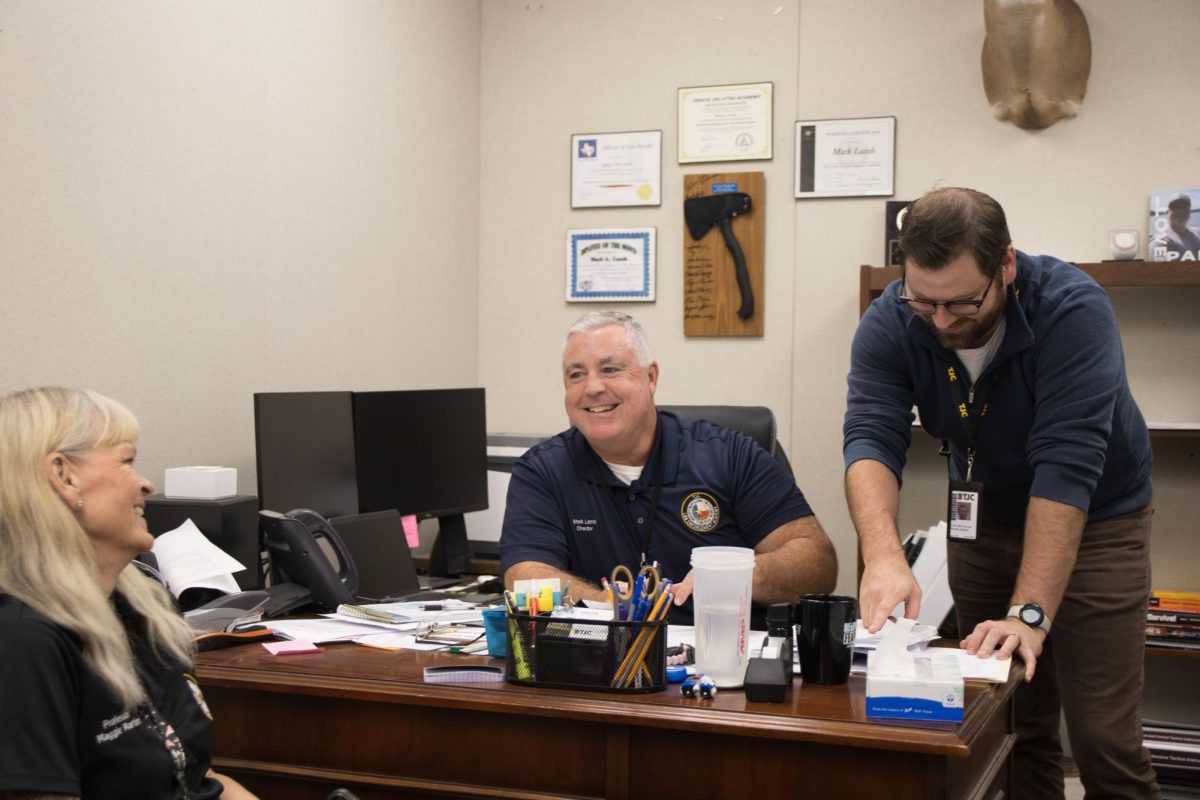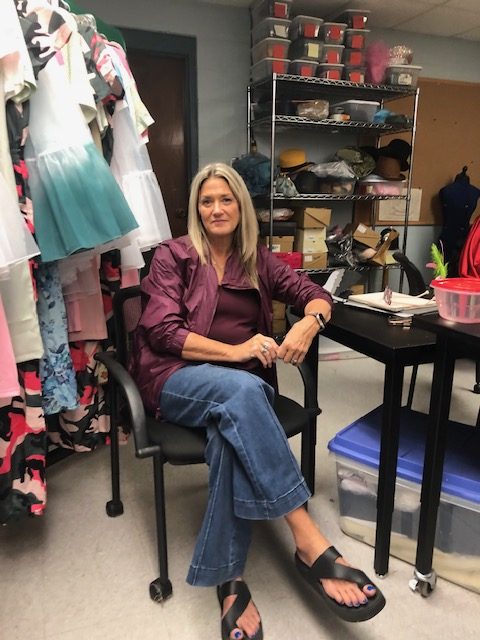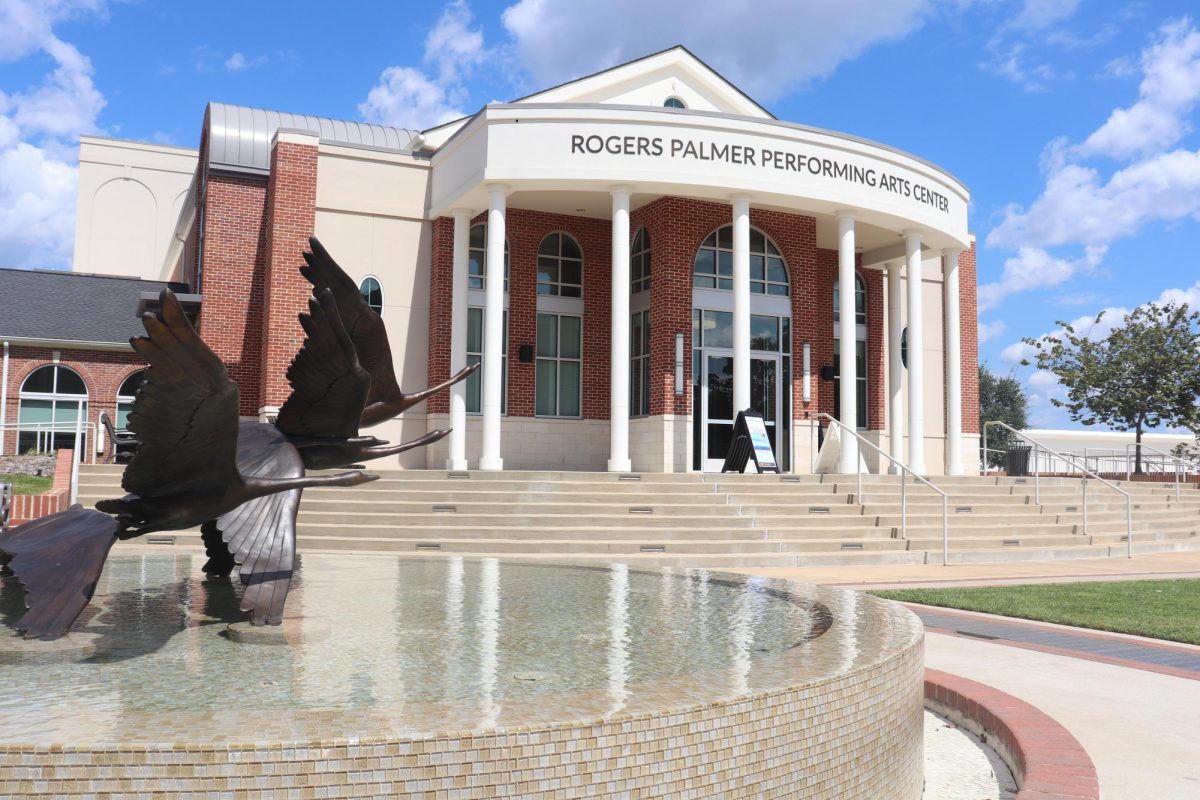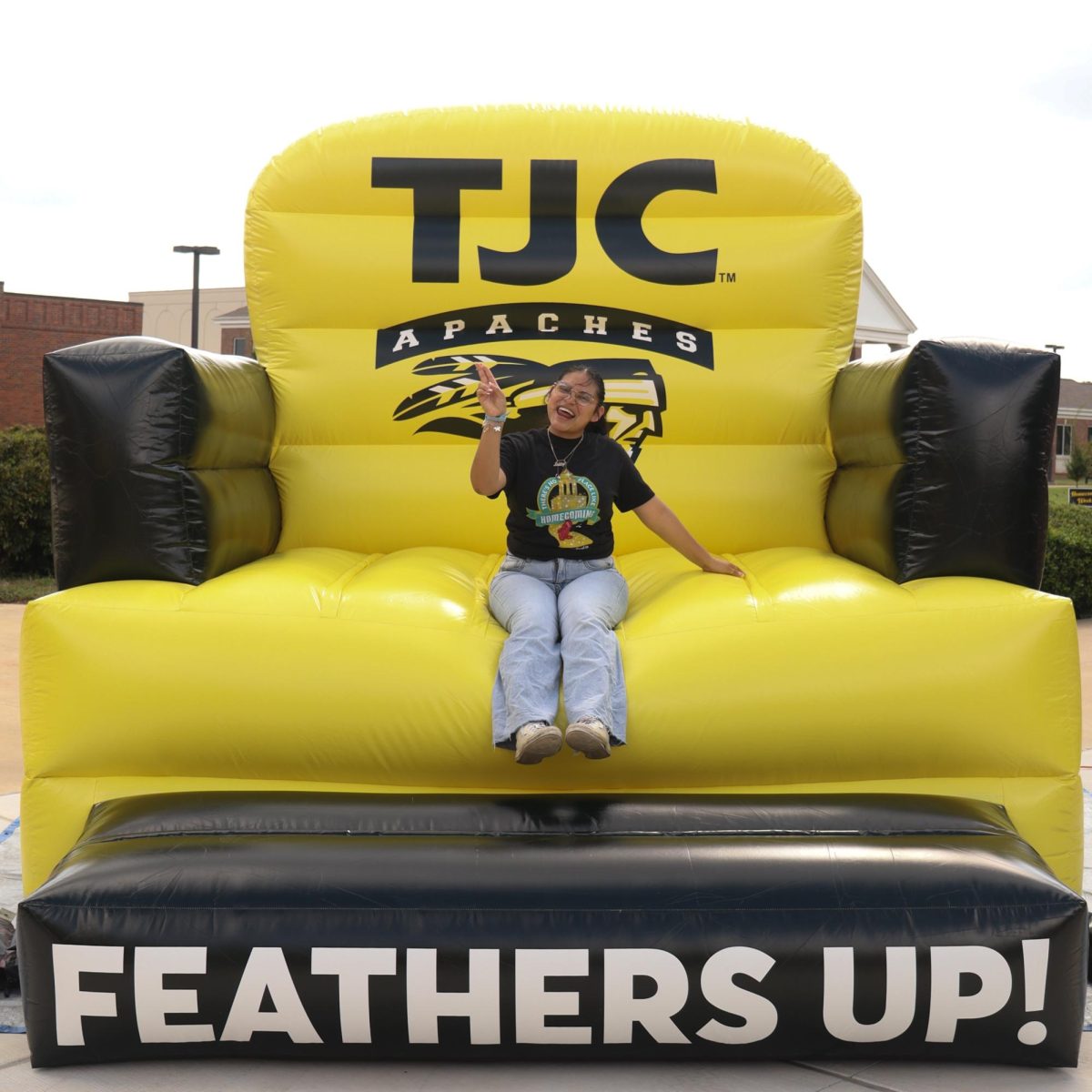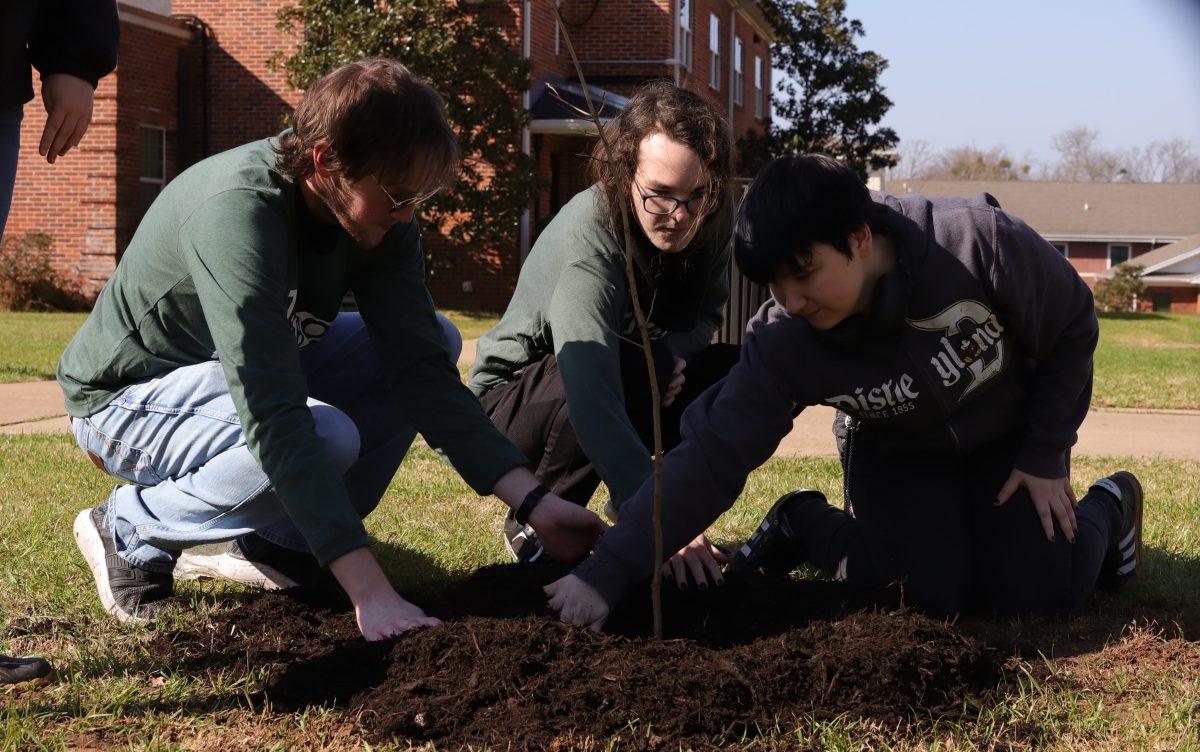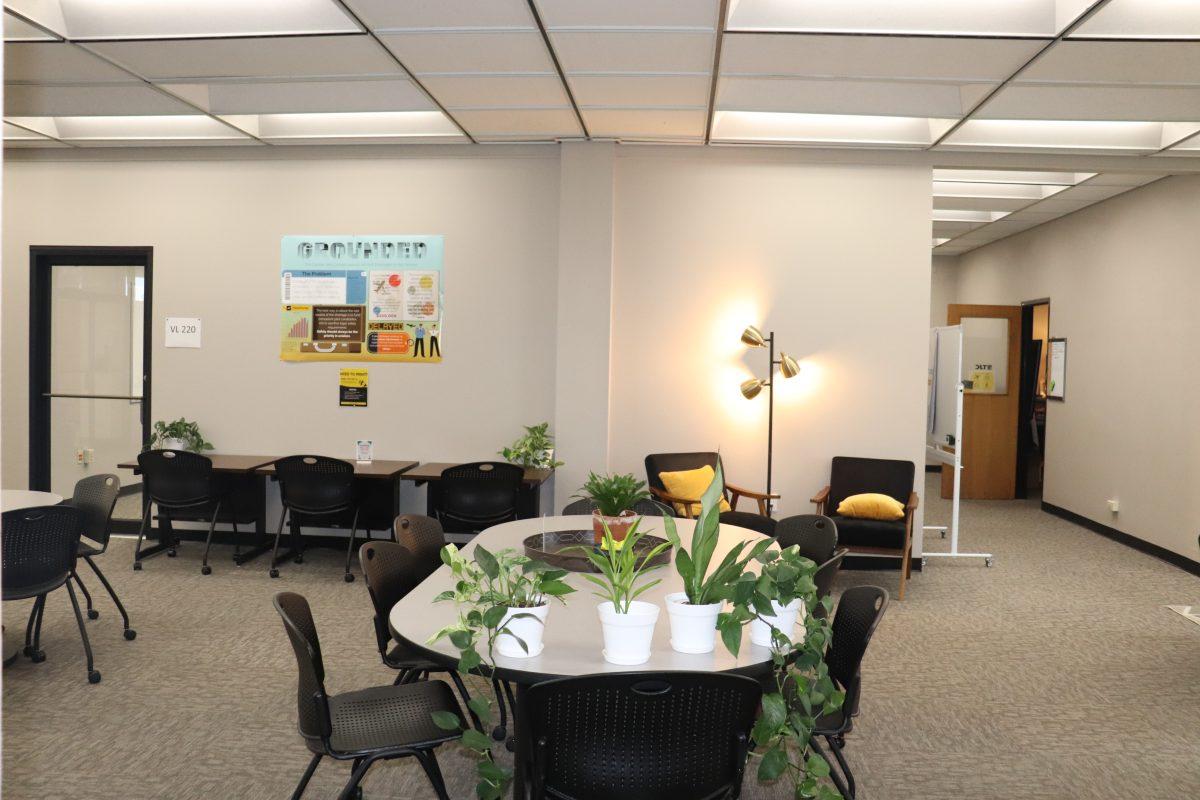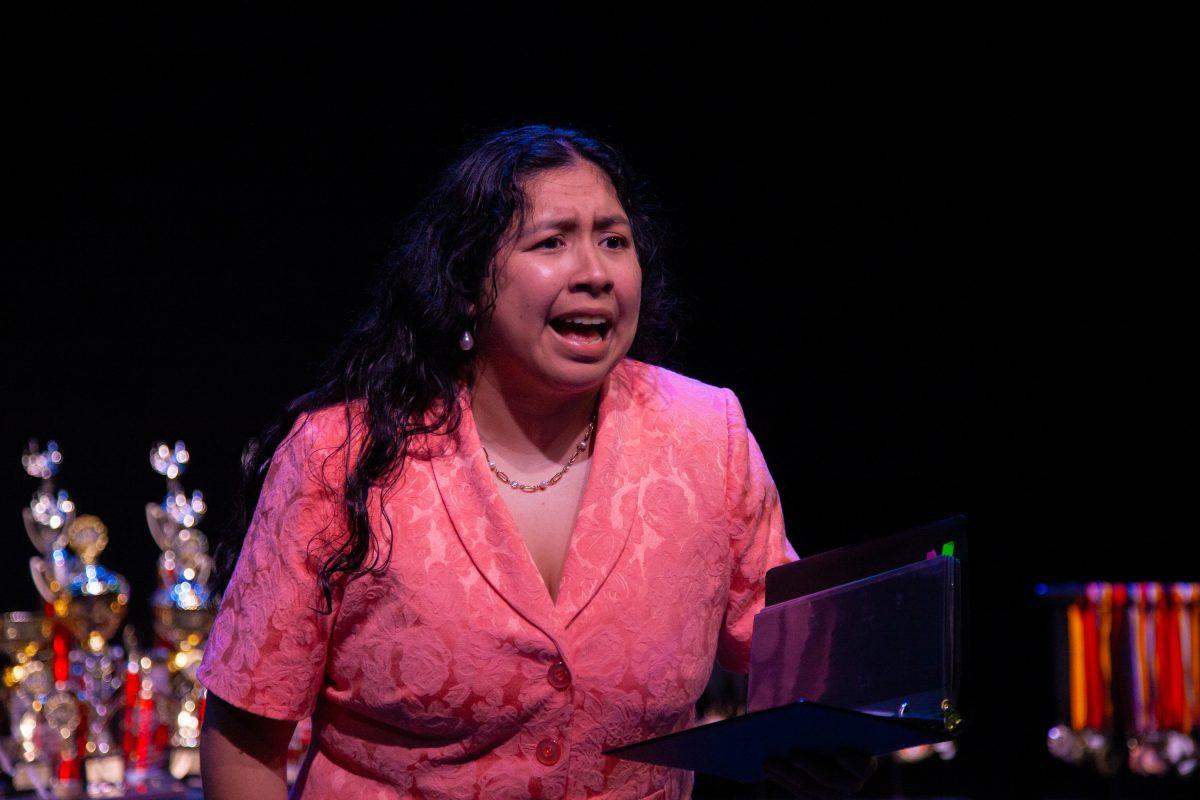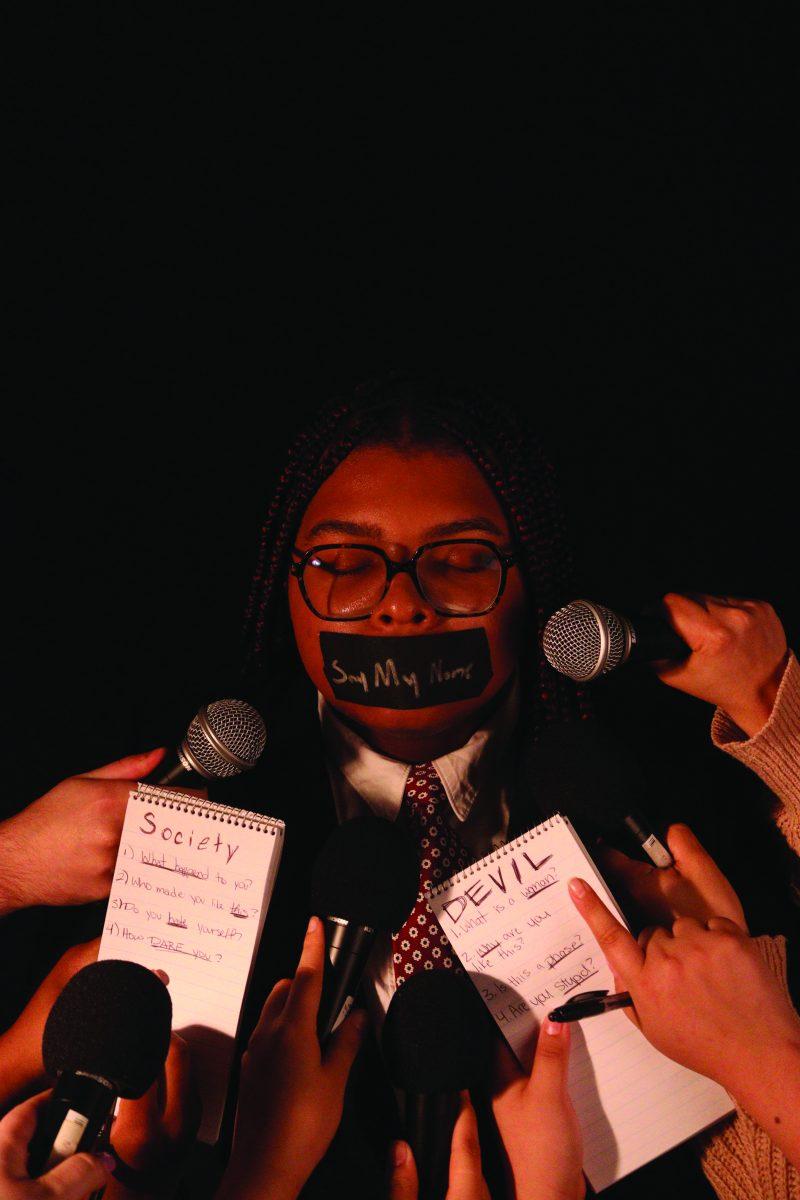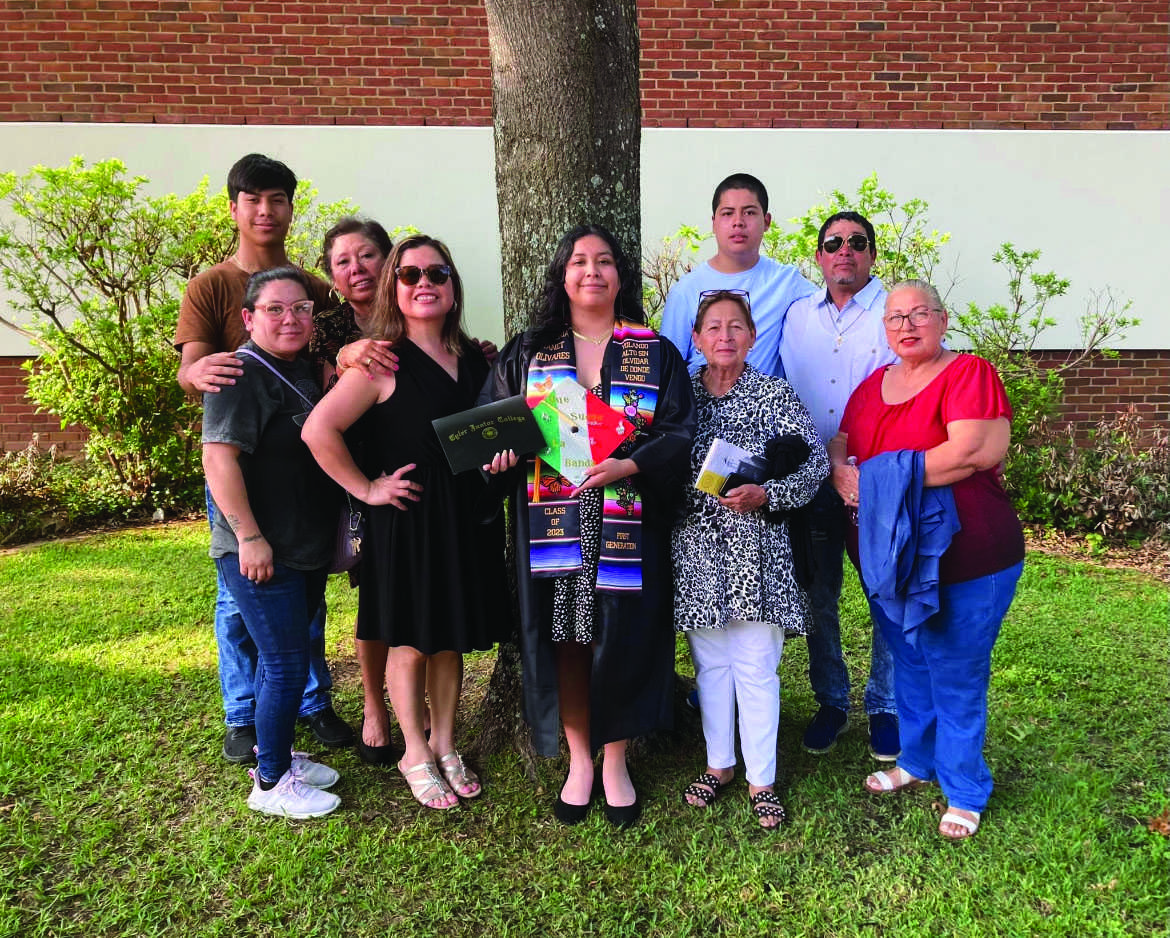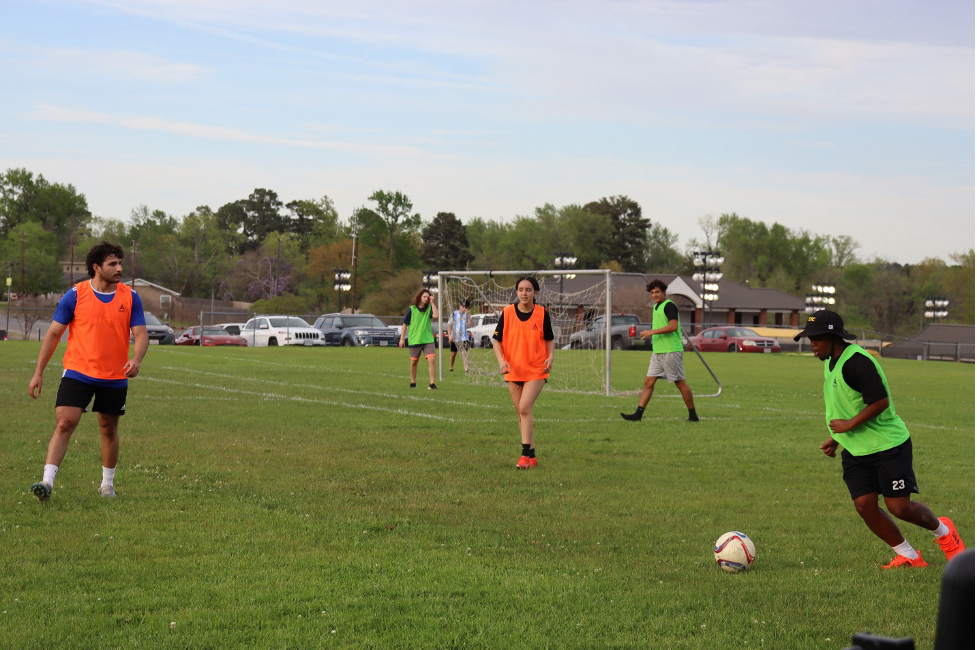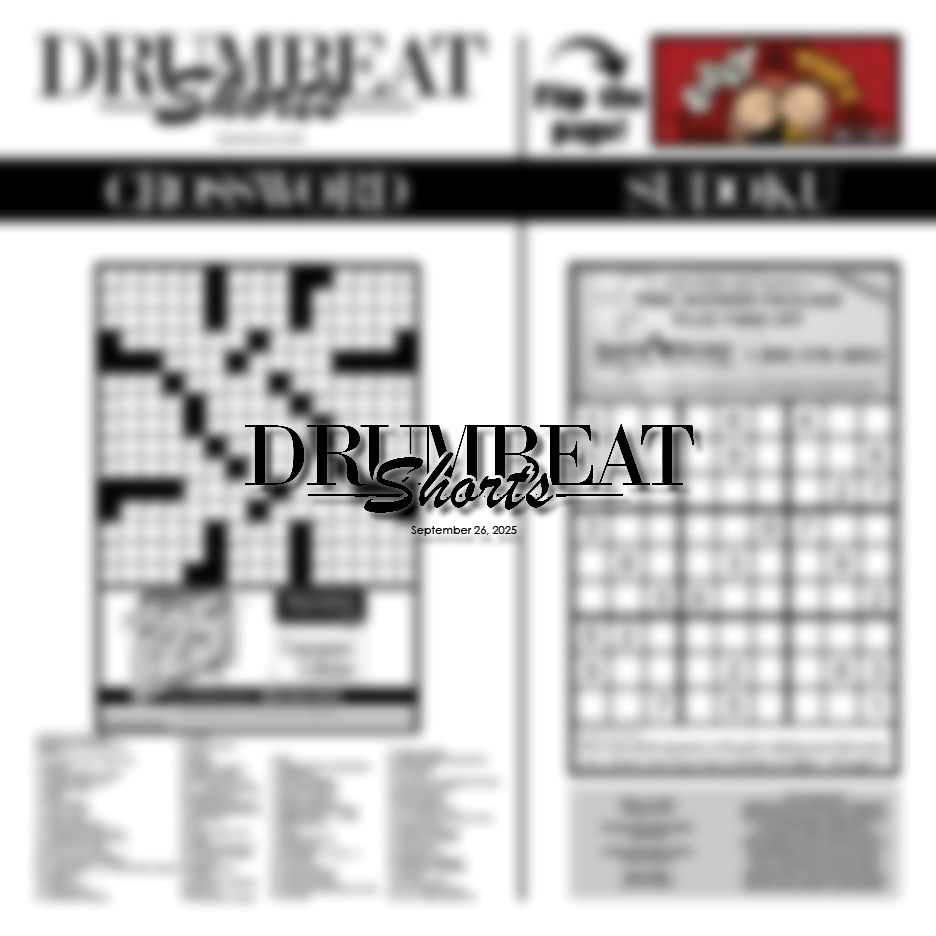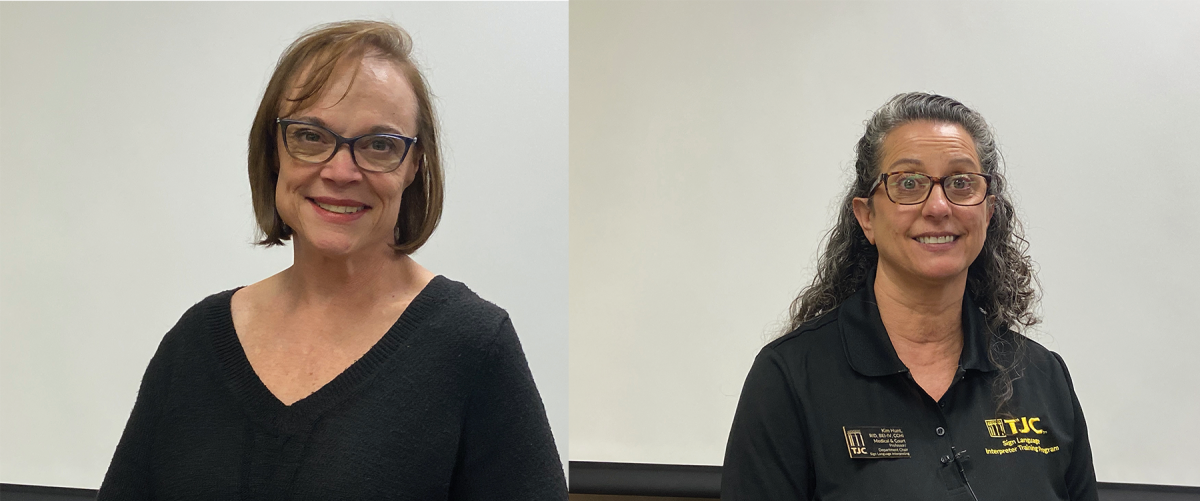TJC provides training for students looking to have a career in interpreting sign language. The Sign Language Interpreting program at TJC equips students with the necessary skills to serve as interpreters for the Deaf and Hard-of-Hearing community across different settings. With a focus on Deaf culture and fluency in ASL, students receive instruction in signing, fingerspelling, body language, and facial expressions.
The program has an emphasis on preparing students for real-world interpreting and transliterating roles. The curriculum includes a range of ASL and sign language interpreting classes to ensure students are prepared for the state board exam. To further enhance practical skills, students engage in immersive training experiences and have the opportunity to participate in state certification tests.

“While the ASL program presents multiple opportunities, it also comes with its share of challenges. Adapting to a visual language and mastering non-manual markers can be a significant hurdle for students learning ASL,” Kim Hunt, the chair of the ASL interpreting program said. She added the importance of total communication access and community support in overcoming these challenges is key. The program strives to create a safe and supportive learning environment where students can develop their skills and flourish as interpreters. “The program strives to produce interpreters capable of providing vital language access in K-12 and educational environments,” Hunt said.
TJC’s ASL program offers students unique opportunities for language immersion and cultural experiences. These collaborations enable students to deepen their understanding of Deaf culture and refine their communication skills. The strong connection with the Deaf and hard-of-hearing community promotes inclusivity and fosters a sense of connection. Students go off-campus and use their training in different environments.

Marsha Moore, a professor at TJC, explains her teaching approach to ASL is hands-on. Moore advocates for immersive experiences and exposure to the Deaf community as fundamental aspects of effective ASL learning. By incorporating video recordings and providing constructive feedback, Moore uses flexibility in language acquisition and helps students sharpen their skills. Moore said, she had an amazing experience as an adult learner entering the field.
ASL proficiency is a prerequisite for the interpreting program, as it is crucial for accurate interpretation. Despite whether students aspire to become interpreters or seek to learn ASL for conversational skills or related fields like Deaf education, the ASL Skills Certificate offered by TJC serves as an essential asset to their careers. The certificate program allows individuals to gain language and cultural knowledge without committing to becoming interpreters.
Professionalism and ethics are crucial in the ASL and interpreting field. The program emphasizes the importance of respecting the Deaf community and its culture, urging interpreters to be mindful of their unique needs and perspectives.
TJC’s ASL program offers a comprehensive and immersive learning experience for individuals interested in pursuing careers as ASL interpreters. Through a curriculum that combines language proficiency, practical training, and cultural understanding, students are prepared to excel in their interpreting careers. The program partners with the Deaf community to provide the necessary training for students to excel in the ASL field.

